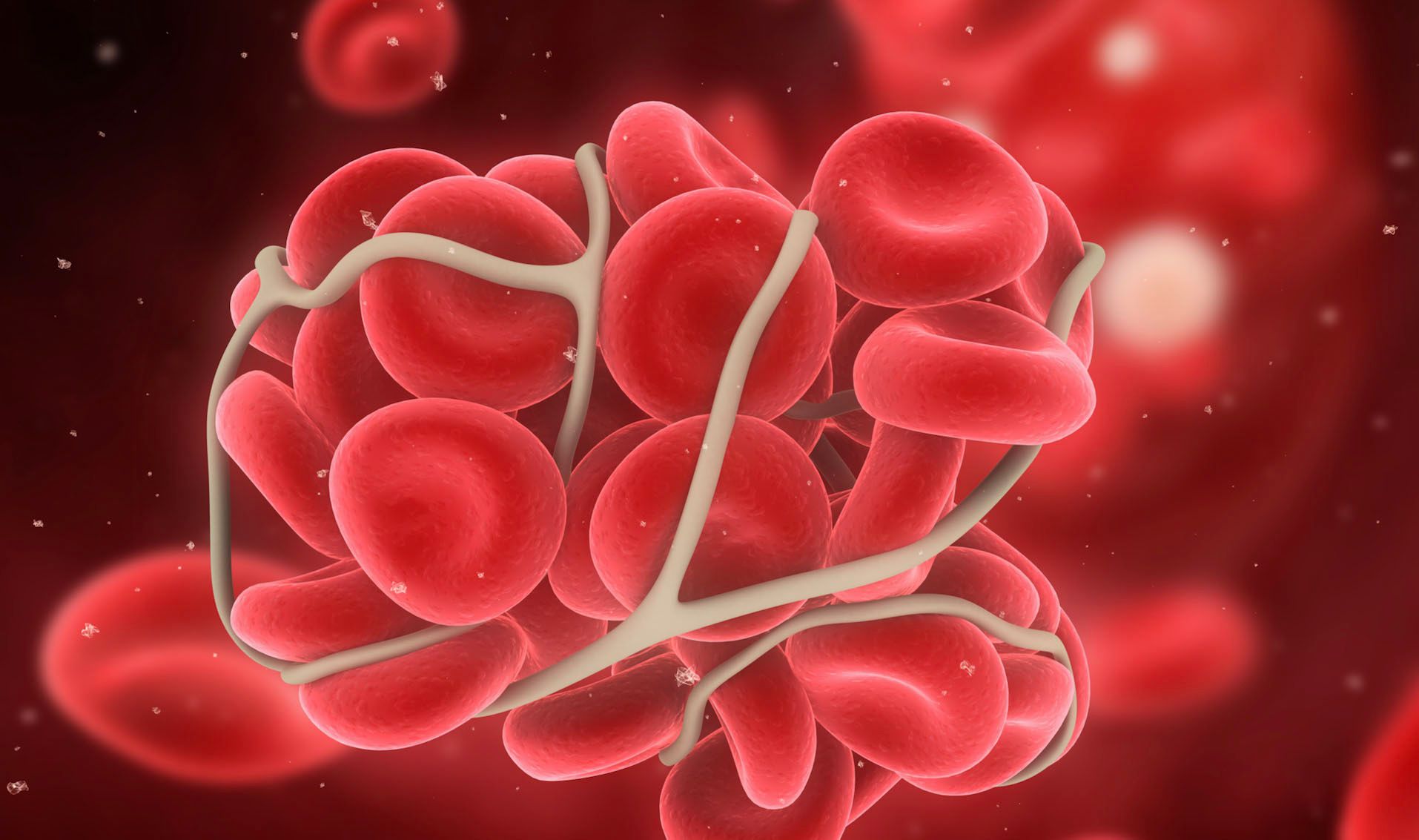Tisagenlecleucel Demonstrates Favorable Complete Response Rate, Meets Phase II Primary End Point
Tisagenlecleucel, a chimeric antigen receptor T-cell therapy, showed evidence of clinical benefit for patients with relapsed or refractory follicular lymphoma, in terms of complete response rate, meeting the primary end point of the phase 2 ELARA clinical trial.

Tisagenlecleucel (Kymriah), a chimeric antigen receptor (CAR) T-cell therapy, showed evidence of clinical benefit for patients with relapsed or refractory follicular lymphoma (FL), in terms of complete response (CR) rate, meeting the primary end point of the phase 2 ELARA clinical trial (NCT03568461), Novartis announced in a press release.1
Responses were assessed per independent review committee and showed no new safety signals. The detailed results from the study will be presented at an upcoming medical meeting and submitted to regulatory bodies in the United States and European Union for review.
“We are pleased that Kymriah is showing meaningful results and may provide a potentially definitive treatment option for patients with relapsed and refractory follicular lymphoma,” said John Tsai, MD, head of Global Drug Development and chief medical officer, Novartis, in a statement. “These results further support our efforts to reimagine medicine in this incurable malignancy and reach this underserved patient population, who are historically burdened with several years of various treatments.”
Tisagenlecleucel was granted Regenerative Medicine Advanced Therapy designation for FL by the FDA based on preclinical data from the ELARA trial. At the time, Tsai stated “This designation supports the advancement of Kymriah, which could potentially address an unmet need in certain patients with follicular lymphoma, as we strive to reimagine medicine at Novartis. These patients are often faced with the burden of several years of various treatments as their disease continues to progress.”2
ELARA is a single-arm, multicenter, open-label trial evaluating the efficacy and safety of tisagenlecleucel in adult patients with relapsed or refractory FL. The study met its target enrollment of 97 participants and is no longer accruing patients. The key secondary end points being explored in ELARA include overall response rate, duration of response, progression-free survival, and overall survival.
To be eligible for the study, patients were required to have grade 1 to 3A relapsed or refractory FL, and radiographically measurable disease at the time of screening. The study excluded individuals who displayed evidence of histologic transformation, grade 3B FL, and active central nervous system involvement by malignancy. Patients who had prior anti-CD19 therapy, gene therapy, adoptive T-cell therapy, and allogeneic hematopoietic stem cell transplant were also ineligible to be treated in ELARA.
Based on the tisagenlecleucel safety label, patients in the study may experience severe toxicities, including cytokine release syndrome and neurological toxicities. Prolonged cytopenia and hypogammaglobulinemia may also occur.
Tisagenlecleucel was the first-ever FDA-approved CAR T-cell agent and the first to be granted FDA approval for 2 indications. The drug was developed through a strategic alliance collaborative effort between Novartis and the Perelman School of Medicine at the University of Pennsylvania. Aside from its promise as treatment of FL, tisagenlecleucel already has FDA approval as treatment of patients up to age 25 with relapsed or refractory acute lymphoblastic leukemia and as treatment of adult patients with relapsed or refractory diffuse large B-cell lymphoma.
References:
1. Novartis announces Kymriah® meets primary endpoint at interim analysis of pivotal study in follicular lymphoma. News release. Novartis. August 4, 2020. Accessed August 4, 2020. https://bit.ly/2Dc0yka
2. Novartis Kymriah® receives FDA Regenerative Medicine Advanced Therapy designation in follicular lymphoma. News release. Novartis. April 22, 2020. Accessed August 4, 2020. https://bit.ly/2PpEW64
Examining the Non-Hodgkin Lymphoma Treatment Paradigm
July 15th 2022In season 3, episode 6 of Targeted Talks, Yazan Samhouri, MD, discusses the exciting new agents for the treatment of non-Hodgkin lymphoma, the clinical trials that support their use, and hopes for the future of treatment.
Listen